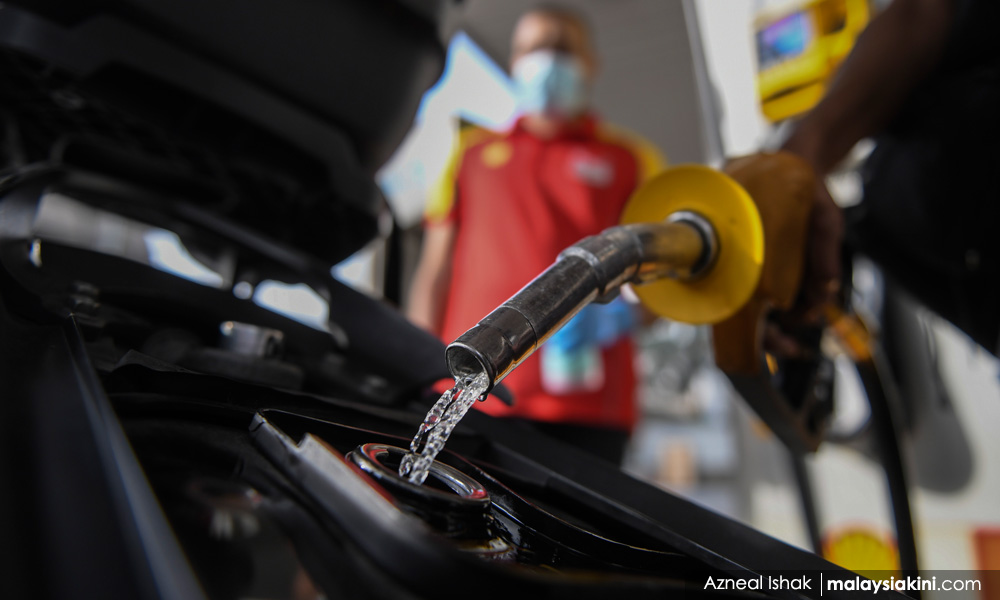By Syahir Sulaiman
Copyright malaysiakini

MP SPEAKS | Reducing the price of RON95 petrol to RM1.99 per litre fails to account for the real variation in people’s needs, and the claimed “targeted subsidy” seems a little off-target.Many expected the public to respond with cheers of joy, but it seems that the public’s reaction has been rather mellow.In truth, this reaction reflects the maturity of the people in evaluating government policies more holistically.The public understands that petrol is only one component in the chain of living costs. A drop in fuel prices at petrol stations does not immediately lower what is paid at markets, grocery stores, restaurants, or hospitals.Other factors such as diesel prices, raw material costs, and labour expenses continue to exert pressure on the prices of goods, food, and services.This phenomenon of cost-push inflation is difficult to control through fuel subsidies alone and, clearly, has not been adequately addressed by the prime minister under the “MahalDahNi” economic framework, which continues to erode the people’s purchasing power.No income limit, but usage is cappedThe new subsidy structure also raises questions. Budi95 does not impose income limits – whether T15 or B85 – but instead sets a usage cap of 300 litres per month.This approach does not account for the real variation in people’s needs – whether large or small families, type of vehicle, commuting distances to work, or long trips back to their hometowns spanning hundreds of kilometres.In short, the government’s targeted subsidy seems a little off-target.Budi replaces PaduPreviously, the public was urged to register with Padu to enjoy petrol subsidies. But with Budi95, registration is no longer required.Yes, no registration is needed. Everyone qualifies automatically.This new mechanism indirectly declares that Padu – once touted as a national data platform – has failed to meet its objectives. Clearly, this reflects a waste of resources and effort on the government’s part.At the same time, two important concerns remain unresolved: efficiency of implementation and data security.The implementation of Budi95 relies entirely on verification via MyKad. This could potentially lead to complications at petrol stations, including longer verification processes, and raises questions about system integrity and the protection of personal data.The public needs assurance that their data is managed transparently, not misused, and safeguarded with a high level of cybersecurity.ConclusionOverall, the public has received this “populist” announcement with caution. Changes in pump prices do not solve the bigger issues – rising cost of living, declining purchasing power, and an ongoing, incomplete fiscal reform agenda under the Madani administration, especially in terms of transparency and consistent implementation.My recommendation:Clear the upstream, and the downstream will flow better;For a blessed economy, royalty rights must be honoured;For a prosperous economy, subsidy rights must be distributed fairly.Back to the RM1.99 per litre price – the public now seeks clarity on two fundamental questions:How much is the estimated subsidy savings for the government?Where will these savings be channelled?And an additional question from Pak Mat and Uncle Lim – How long can this RM1.99 price realistically last?SYAHIR SULAIMAN is Bachok MP.The views expressed here are those of the author/contributor and do not necessarily represent the views of Malaysiakini.